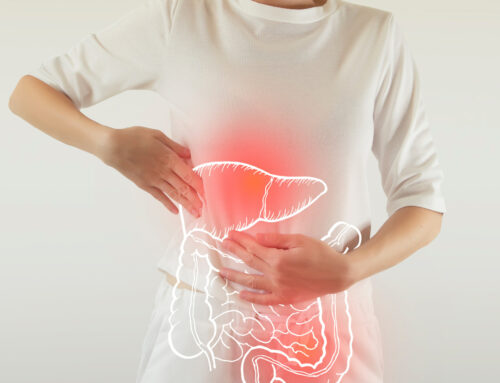Is your cookware safe?
The ‘forever chemicals’ in 99% of Americans
In 1946, DuPont introduced Teflon to the world, changing millions of people’s lives – and polluting their bodies. Today, the family of compounds including Teflon, commonly called PFAS, is found not only in pots and pans but in drinking water and also in the blood of people around the world, including 99 percent of Americans. PFAS chemicals pollute water, do not break down, and remain in the environment and people for decades. Some scientists call them “forever chemicals.” (EWP)
We know very low doses of PFAS have been linked to suppression of the immune system. These chemicals harm development and the reproductive system, such as reduced birth weight and impacts on fertility; increase the risk of certain cancers; and affect metabolism, such as changes in cholesterol and weight gain.
In 2022 the EPA released new recommendations on PFAS and admitted these “forever chemicals” pose a health risk even at low levels. The Environmental Protection Agency is warning that two nonstick and stain-resistant compounds found in drinking water are more dangerous than previously thought — and pose health risks even at levels so low they cannot currently be detected.
“The science is clear: These chemicals are shockingly toxic at extremely low doses.” says Erik Olson from the Natural Resources Defense Council.
According to Environmental Working Group attorney Melanie Benesh, the EPA’s announcement “should set off alarm bells for consumers and regulators” alike. EPA should “move much faster to dramatically reduce exposures to these toxic chemicals.”
There are hundreds of different trade names for PTFE (besides Teflon), and makers give the impression that their cookware is something new and different. They also use reinforcements as a name (e.g., titanium, diamond, granite, stone) to avoid calling their product PTFE (or worse, Teflon) but these are marketing terms that mean very little. Nonstick cookware can only be PTFE-based or nonstick-ceramic based. (PFOAs, which have been phased out of production in the United States, are one of over 4000 chemicals in this category. Only a small percentage of them have been tested for safety).
Ceramic non-stick cookware products, such as the Green Pan, have been touted as a safe alternative to PTFE-based non-stick, however the Food Packaging Forum cites a study published in January 2016 found that chronic oral exposure to titanium dioxide nanoparticles in so-called ceramic non-stick results in immune disruption and pre-cancer lesions in the gut.
Veterinarians advise to never use pans coated in PTFE if you have a pet bird because the toxic fumes can kill your bird in the mater of minutes. Because of birds’ sensitive lungs, canaries have been used in coal mines to detect unsafe air conditions. Perhaps, then, we should more seriously consider how PTFE fumes may be affecting our own lungs.





